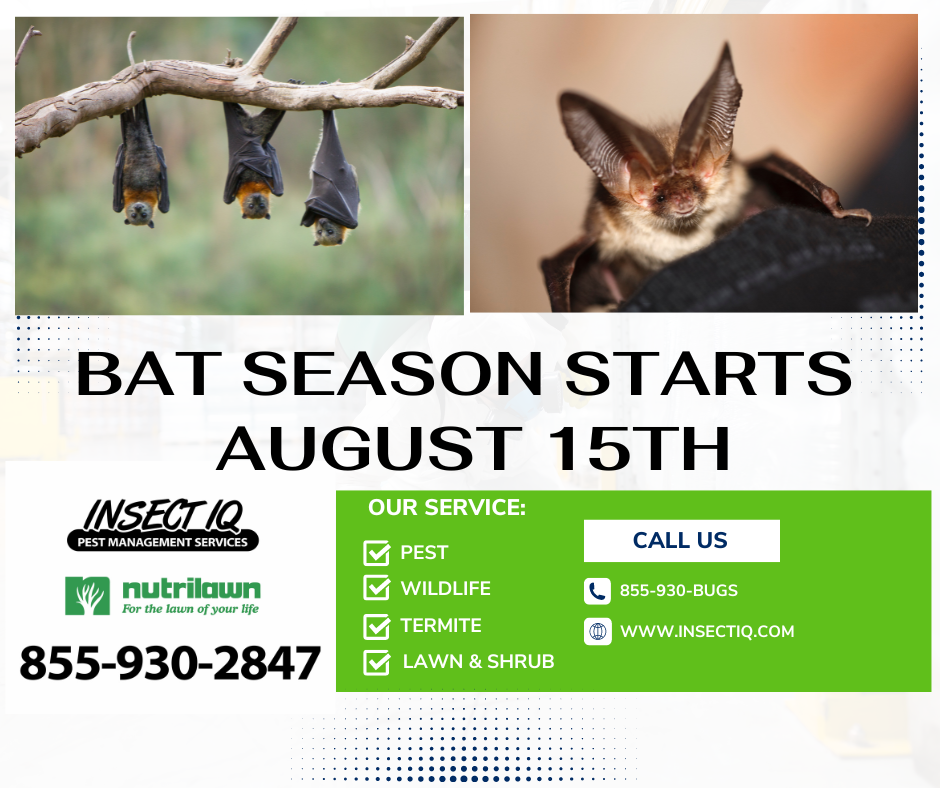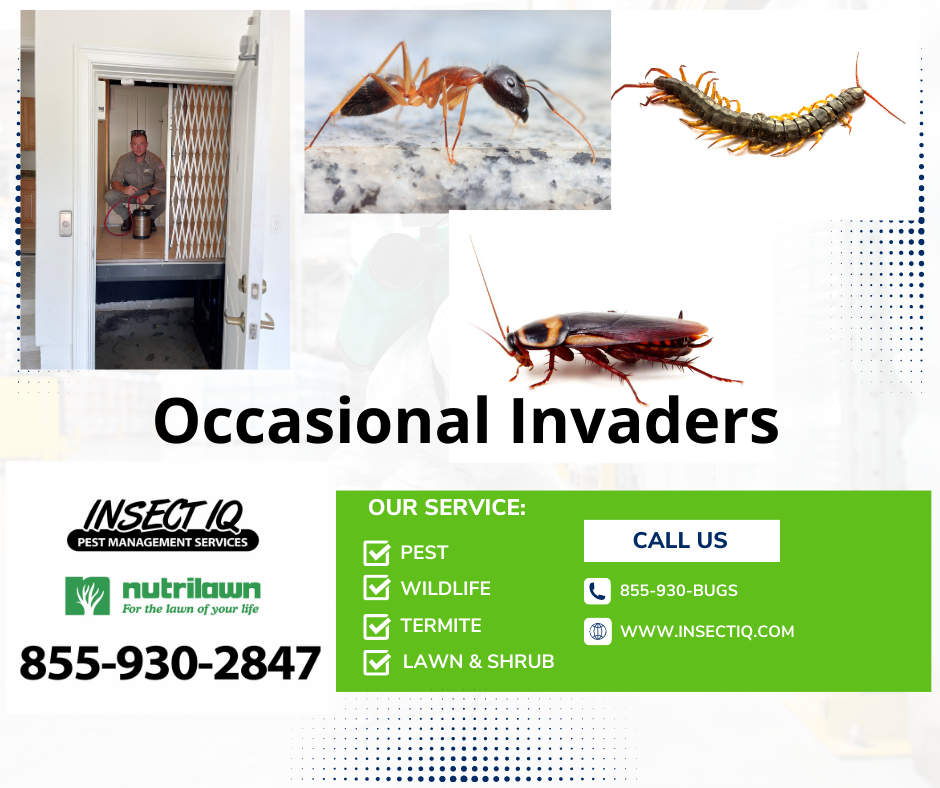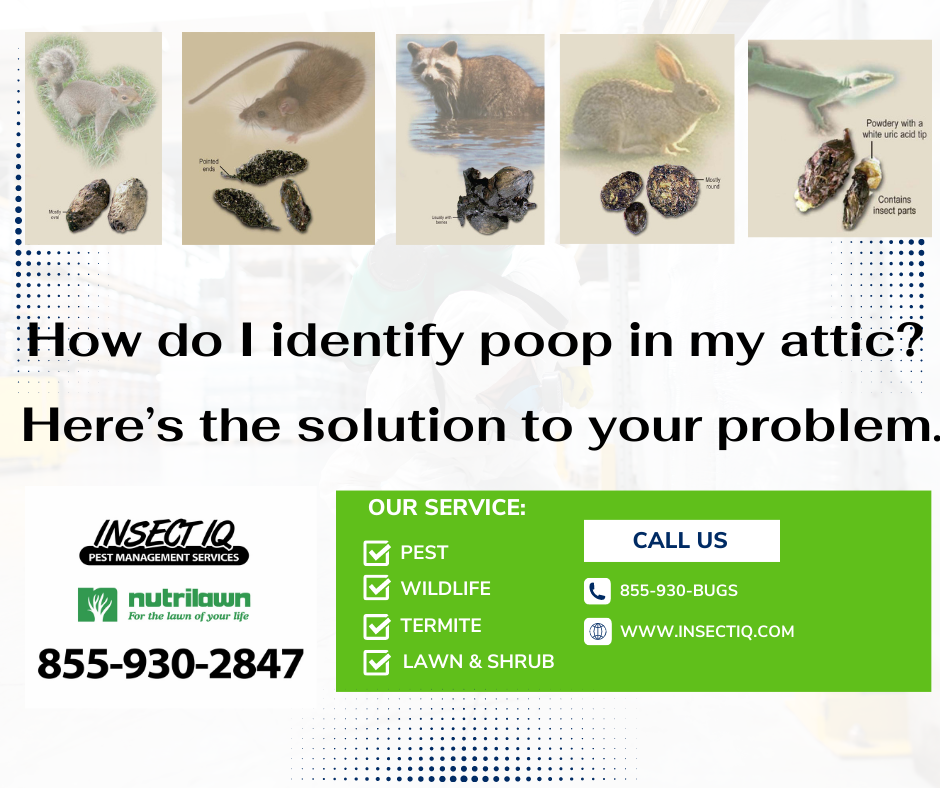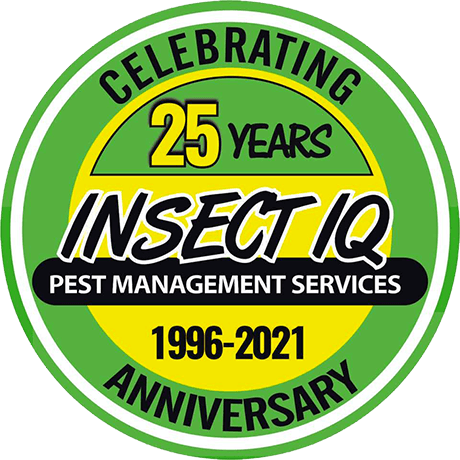From the field with Insect IQ’s Nick Cvetanovich
5 Signs Your Home Has a Roof Rat Infestation
During colder months, a warm house is a welcoming place not only for humans but also for roof rats. If you suspect a roof rat infestation in your Florida home, it is crucial to watch out for signs of their presence. Insect IQ's wildlife control expert, Nick Cvetanovich, offers helpful pointers to help you identify if you have unwelcome guests in your home.
1. Droppings and Urine around the House
Identifying roof rat droppings is relatively simple - they are dark-colored, shaped like grains of rice, and around ½ inch in length. While roof rats can typically be found skulking around thick bushes, trees, and power lines outdoors, once they invade your home, they tend to gather in the attic, wall voids, and ceiling spaces to chew on drywall, wiring, and nest in insulation.
When it comes to spotting roof rat urine, it can be challenging depending on the surface it is on. However, on hardwood or concrete, it dries in streaks and takes on a chalk-like appearance. Another indicator to look out for is rub marks along the baseboards of your home, where the roof rats' greasy and dirty fur can leave marks on surfaces they come into contact with.
It is not just unsanitary, but also a potential health hazard as roof rats can spread various diseases through their waste, including:
- Hantavirus
- Salmonellosis
- Leptospirosis
While searching for indications of roof rats, it is advisable to rely on your sense of smell. Roof rat urine gives off a potent, ammonia-like scent. Nevertheless, coming into contact with or inhaling roof rat droppings or urine without the appropriate gear or training can be hazardous. To avoid the risks associated with the most unpleasant indications of roof rats in your home, such as those mentioned above, it is recommended to contact Nick Cvetanovich, Insect IQ's expert in roof rat control.
- Risking contamination by using your bare hands
- Stirring up hazardous particles by sweeping waste away with a broom
- Releasing those particles into the air without proper ventilation
2. Scratching Noises in the Walls or Ceiling at Night
The sound of tiny footsteps can be charming, except when it's the sound of roof rats running around in your attic. These creatures can create scratching noises from inside walls or the attic as they move around the interior structure of your house. Additionally, the gnawing behavior they exhibit can produce a distinct noise. Due to their larger size (measuring between 6 to 8 inches), roof rats tend to make more noise than smaller rodents like mice.
3. Foul, Unexplained Odors in Certain Areas
If your home is filled with an inexplicable foul odor, it could be due to a roof rat corpse. The smell of a dead rodent is even worse than the stench of their urine, and it's difficult to miss. It might also attract other pests, such as flies. However, a strong odor like this could also indicate the presence of another type of deceased wildlife. In any case, our expert professionals will swiftly handle the issue for you.
4. Chew Marks on Furniture, Walls, and Exposed Wood
Rodents have teeth that grow continuously, which compels them to gnaw on anything in their vicinity. If you notice tooth marks on your furniture's wooden feet, the lid of your peanut butter jar, or the beams in your attic, it's likely that rodents are present. Besides contaminated food, their gnawing tendencies pose a significant hazard.
Although their teeth enable them to chew through sturdy materials such as wood and heavy-duty plastic, they can also chew through electrical wiring. Eradicating a roof rat infestation is critical to avoiding the risk of electrical fires in your home. If you observe the first signs of roof rats, it is recommended to contact Nick Cvetanovich, the roof rat control expert at Insect IQ.
5. Finding an Actual Roof Rat in Your Home
Pets can play a vital role in identifying a roof rat infestation. Dogs and cats have a keen sense of hearing and can detect sounds that humans cannot. If you notice your pets frequently staring at a specific wall or area of your home, it's likely that you have rodents. Additionally, if you spot a roof rat either inside or outside near trees that are hanging over your home, there may be many more of them on your property.
Protect Your Florida Property from Roof Rats with Insect IQ
Knowing how to address a roof rat infestation in your Florida home can facilitate prompt resolution of the problem. Identifying their droppings and keeping a lookout for signs of gnawing can aid in protecting your household from these destructive rodents.
If you suspect a roof rat infestation in your home, don't hesitate to contact Insect IQ immediately. Our skilled technicians are equipped to protect homes and businesses throughout Florida.
Insect IQ’s Team Leader: Nick Cvetanovich
855.930.BUGS
CONTACT US 855-930-2847
Pest Control License Insect IQ JB131270
Certified Pest Control Operator JF8248 1994
Pest Control, Lawn & Ornamental, Termite, Fumigation
State of Florida Registered Beekeeper: FL0290619S
1994 UF Entomologist Jonathan Simkins
2020 UF Entomologist Britton Simkins
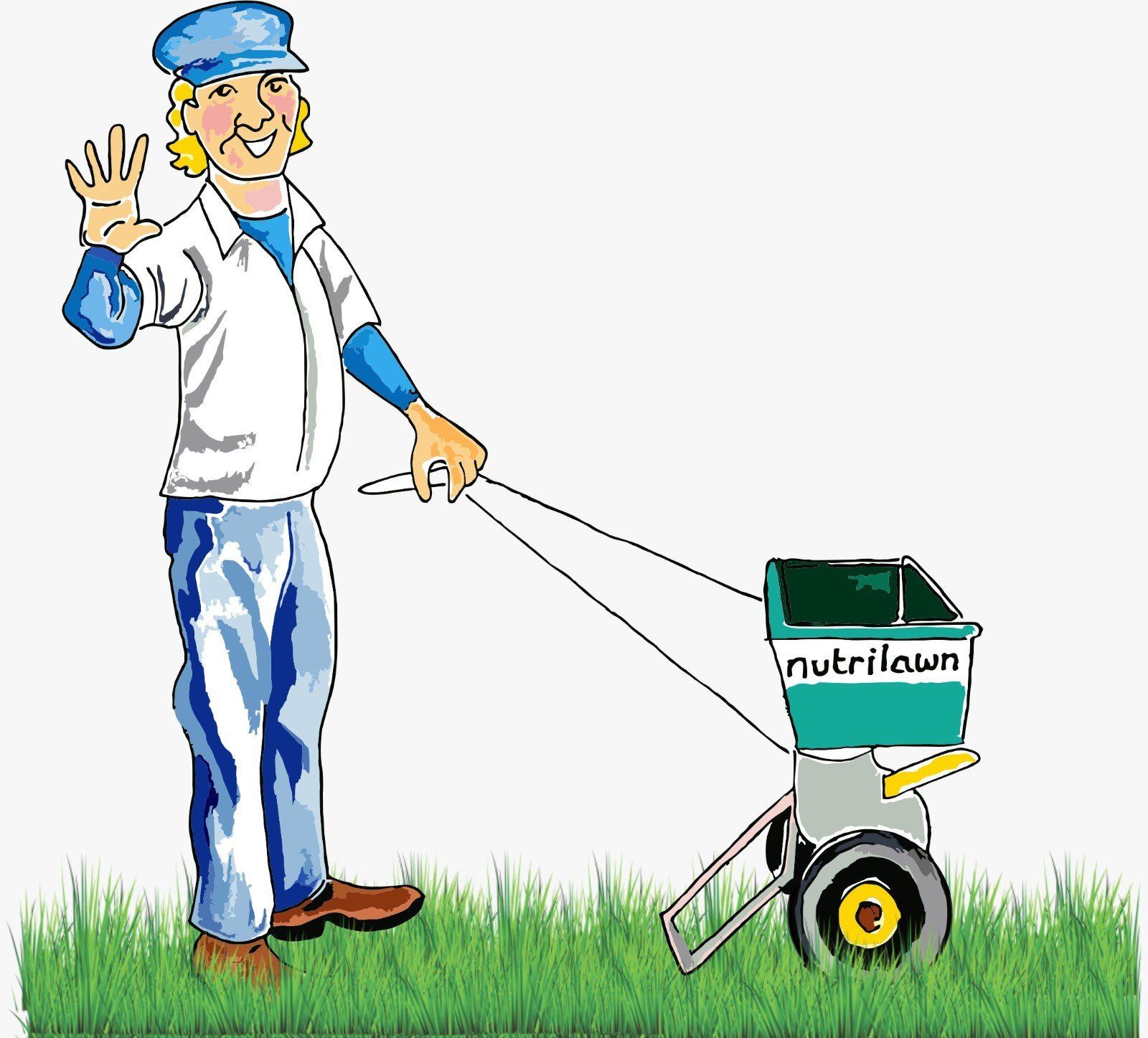

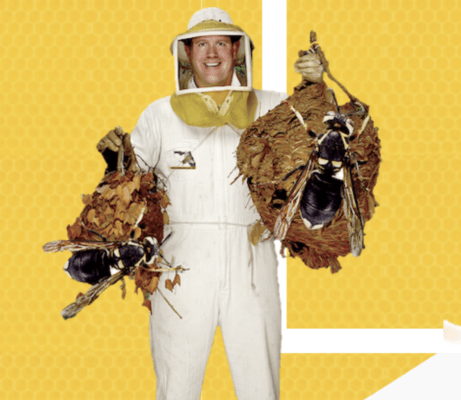

Insects and Rodents in Your Christmas Decorations Ensuring a Pest-Free Holiday Season with Insect IQ
